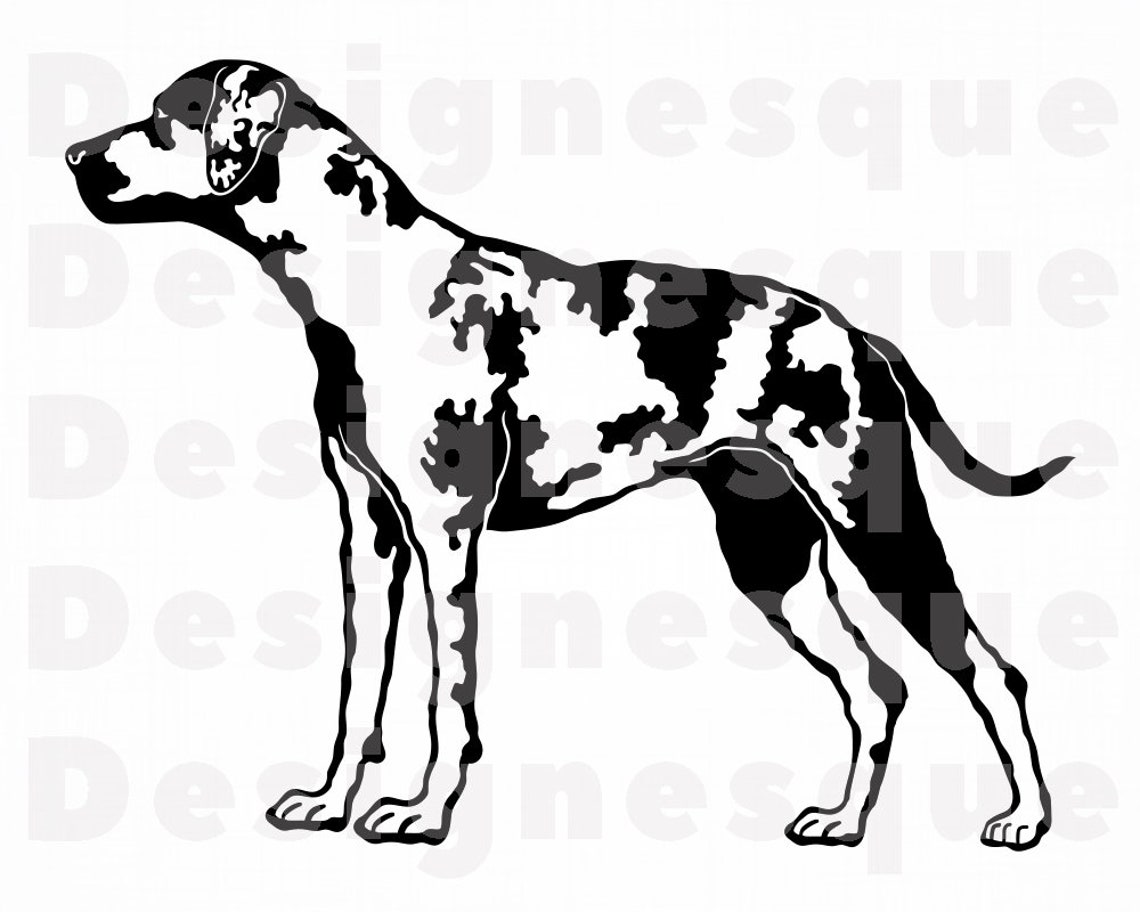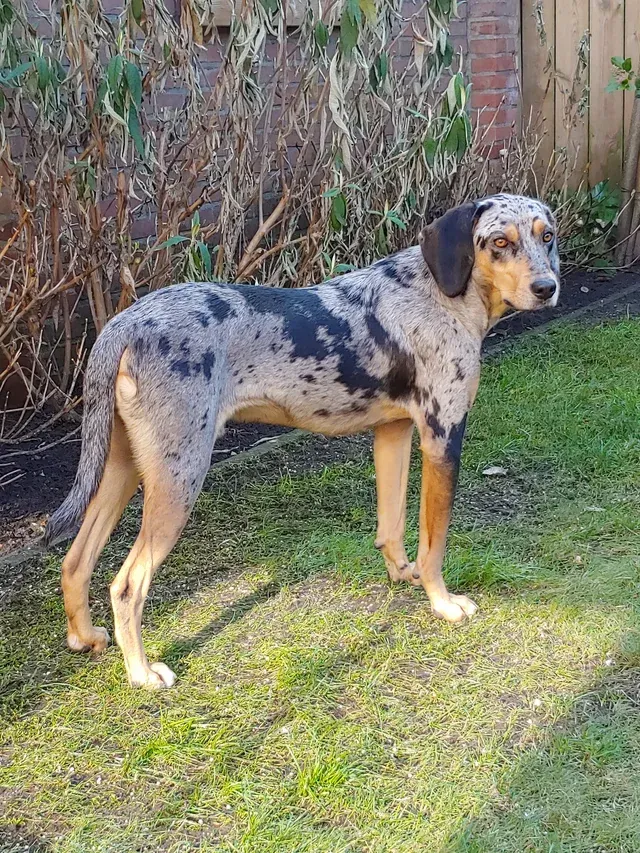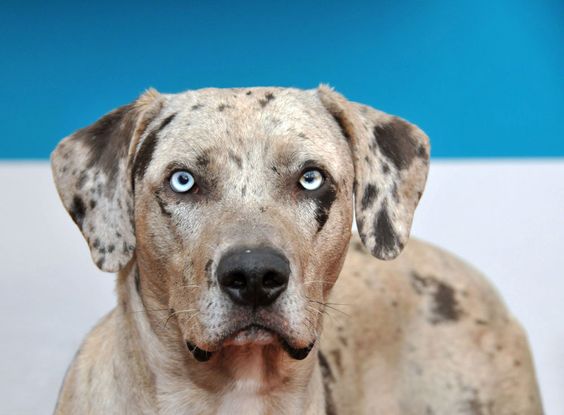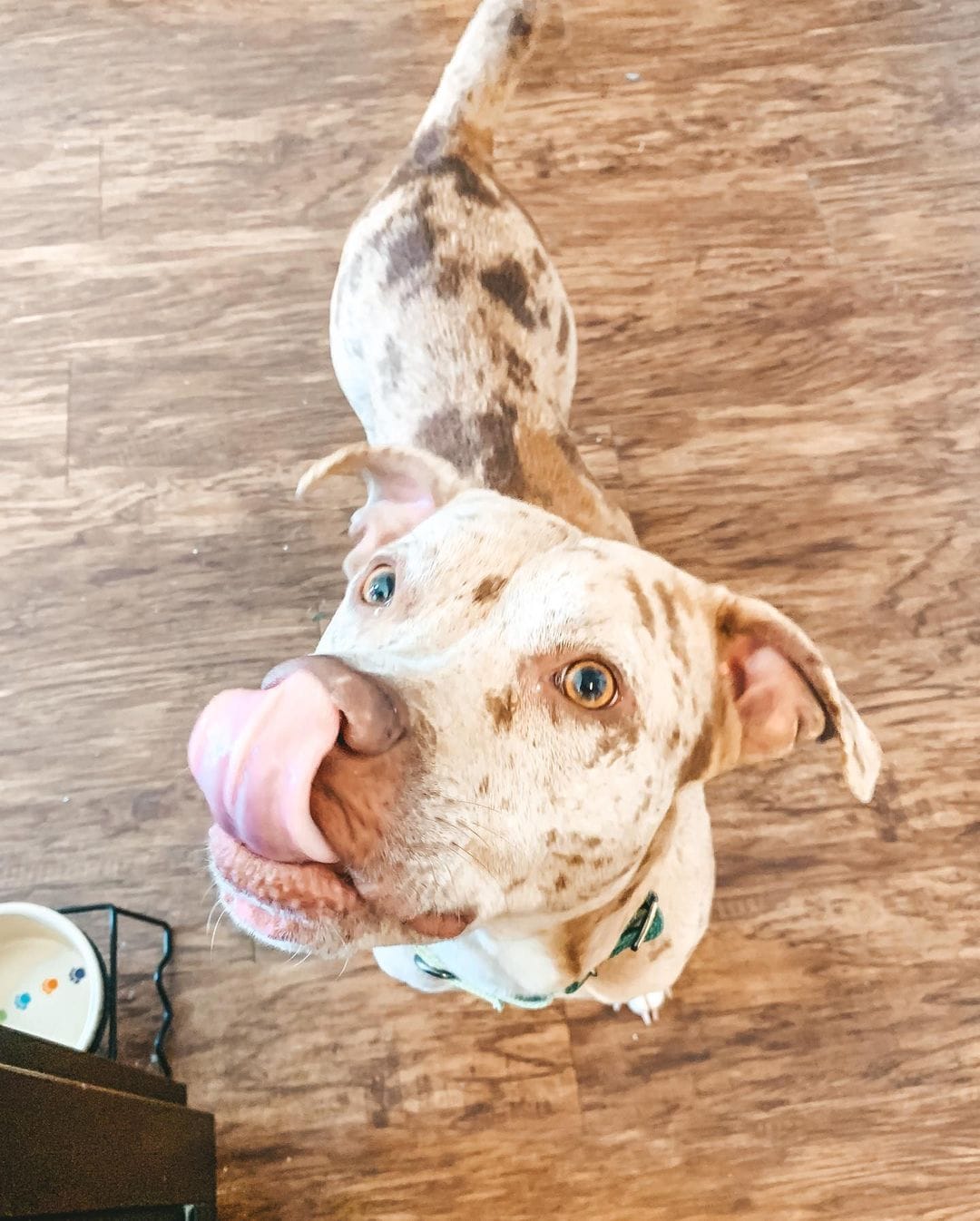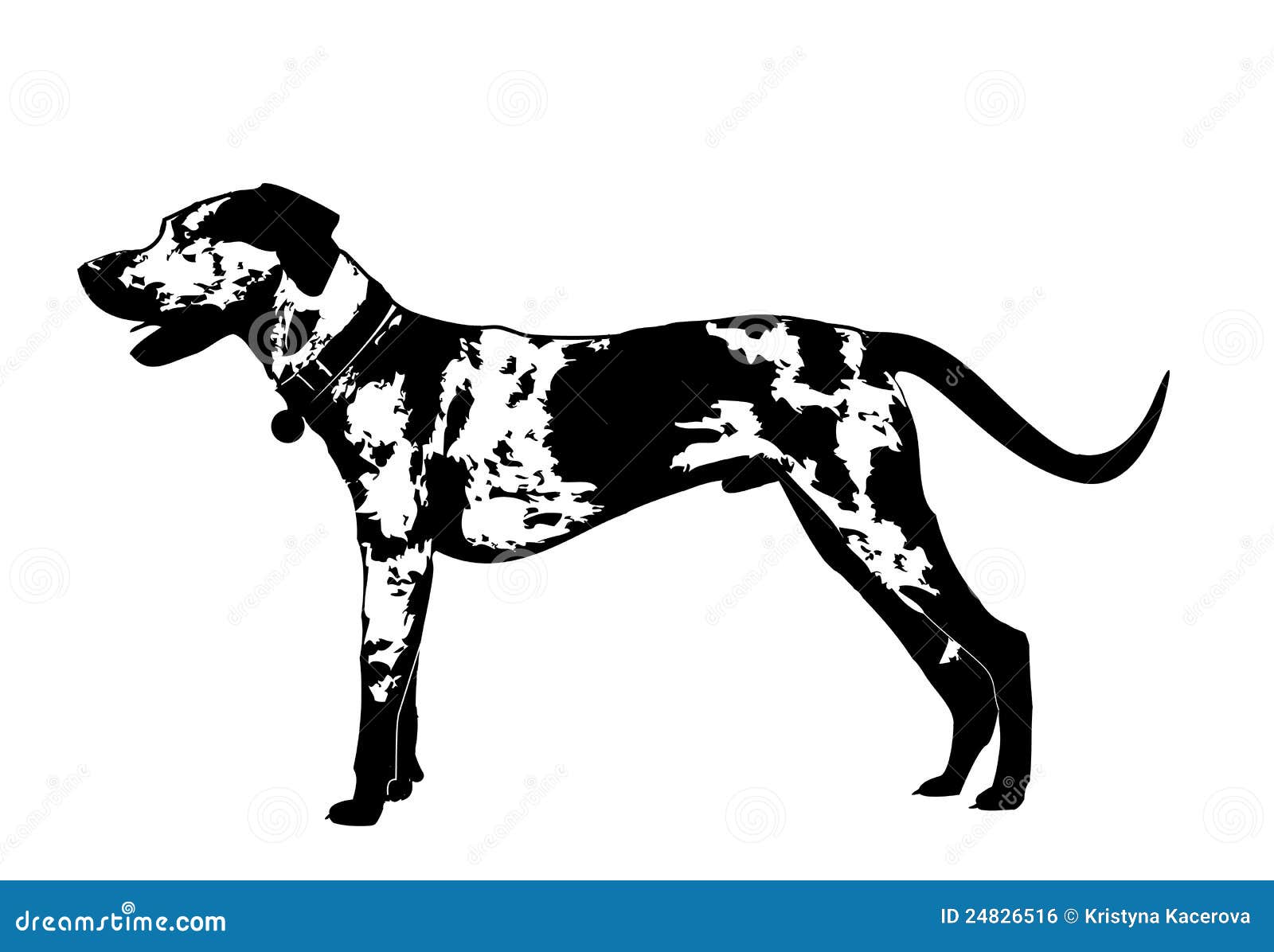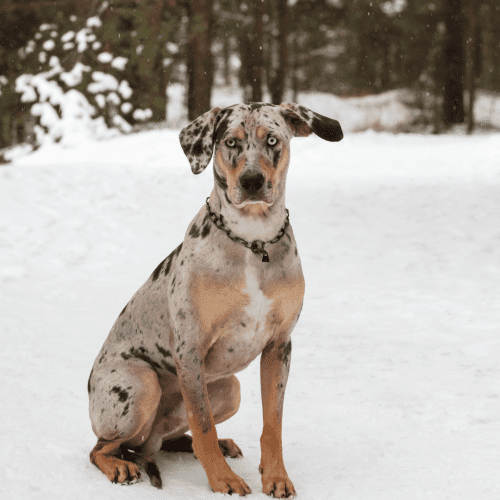The Catahoula Leopard Dog, renowned for its striking coat patterns, is a captivating breed that has captured the hearts of dog enthusiasts worldwide. With a kaleidoscope of colors and markings, each Catahoula is a unique work of art. In this article, we delve into the mesmerizing world of Catahoula Leopard Dog colorings, exploring the vibrant hues and intricate patterns that make this breed so visually stunning.
From the classic blue merle to the rare red merle, the Catahoula Leopard Dog boasts a diverse array of coat colors. These colors are often complemented by distinctive markings, such as leopard spots, brindle stripes, and solid patches. The combination of these elements creates a mesmerizing tapestry that is both captivating and alluring.
1. Blue Merle

The blue merle is the most common Catahoula Leopard Dog coloring. It features a mottled coat of blue-gray and white, with darker blue patches and black spots. The merle pattern is created by a dilution gene that affects the distribution of pigment in the hair.
2. Red Merle
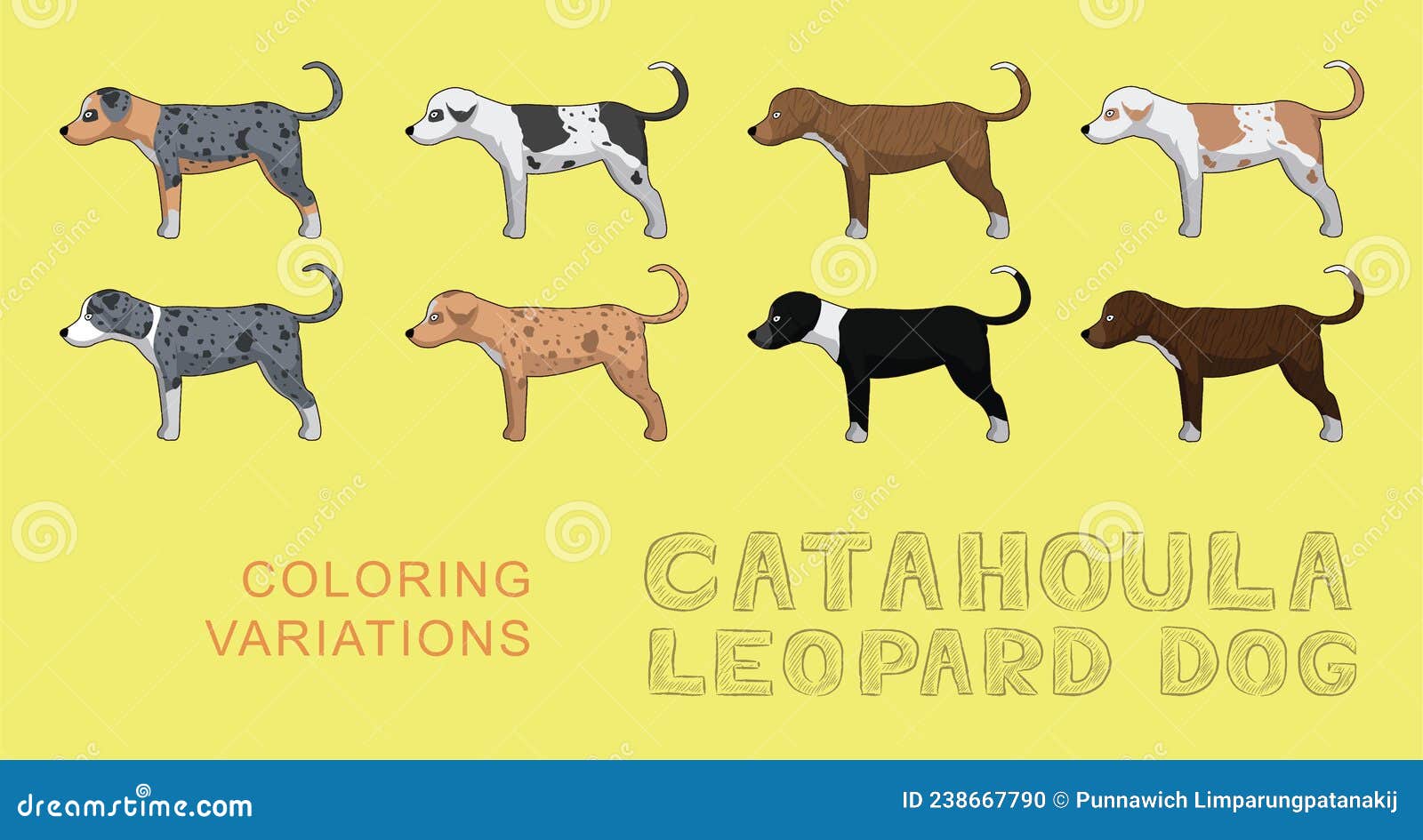
The red merle is a less common but equally striking Catahoula Leopard Dog coloring. It features a mottled coat of reddish-brown and white, with darker red patches and black spots. The red merle pattern is also created by a dilution gene, but it affects a different pigment than the blue merle.
3. Leopard Spots

Leopard spots are a distinctive marking that is often seen in Catahoula Leopard Dogs. These spots are typically black or dark brown and can vary in size and shape. They are caused by a recessive gene that affects the distribution of pigment in the skin.
4. Brindle Stripes
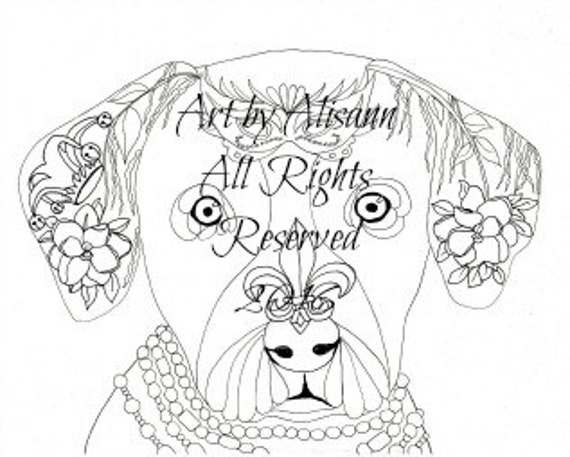
Brindle stripes are another common marking in Catahoula Leopard Dogs. These stripes are created by a dominant gene that affects the distribution of pigment in the hair. They can vary in width and intensity, and they often give the dog a tiger-like appearance.
5. Solid Patches
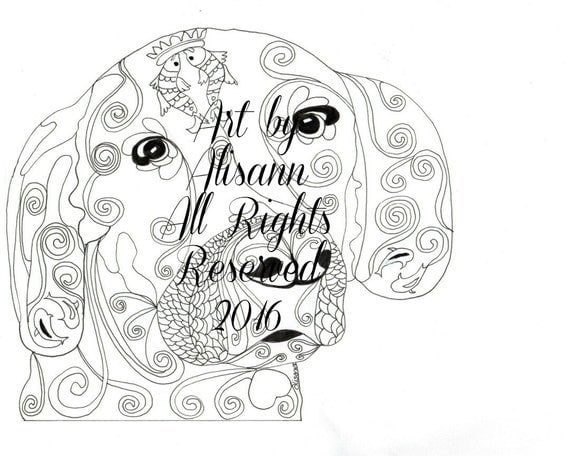
Solid patches are areas of solid color that are often found on the chest, belly, or legs of Catahoula Leopard Dogs. These patches can be any color, but they are typically white, black, or brown. They are caused by a dominant gene that inhibits the expression of other color genes.
6. Merle Patches

Merle patches are areas of merle coloring that are found on a solid-colored coat. These patches can be any size or shape, and they often give the dog a unique and eye-catching appearance. They are caused by a dominant gene that affects the distribution of pigment in the hair.
7. Roan

Roan is a type of coat pattern that is characterized by a mixture of white and colored hairs. In Catahoula Leopard Dogs, roan is typically seen in combination with other colorings, such as merle or brindle. It is caused by a dominant gene that affects the distribution of pigment in the hair.
8. Piebald

Piebald is a type of coat pattern that is characterized by large areas of white that are separated by patches of color. In Catahoula Leopard Dogs, piebald is typically seen in combination with other colorings, such as merle or brindle. It is caused by a recessive gene that inhibits the expression of other color genes.
9. Tri-Color

Tri-color is a type of coat pattern that is characterized by three distinct colors. In Catahoula Leopard Dogs, tri-color is typically seen in combination with merle, brindle, or solid patches. It is caused by a combination of dominant and recessive genes that affect the distribution of pigment in the hair.
10. Sable
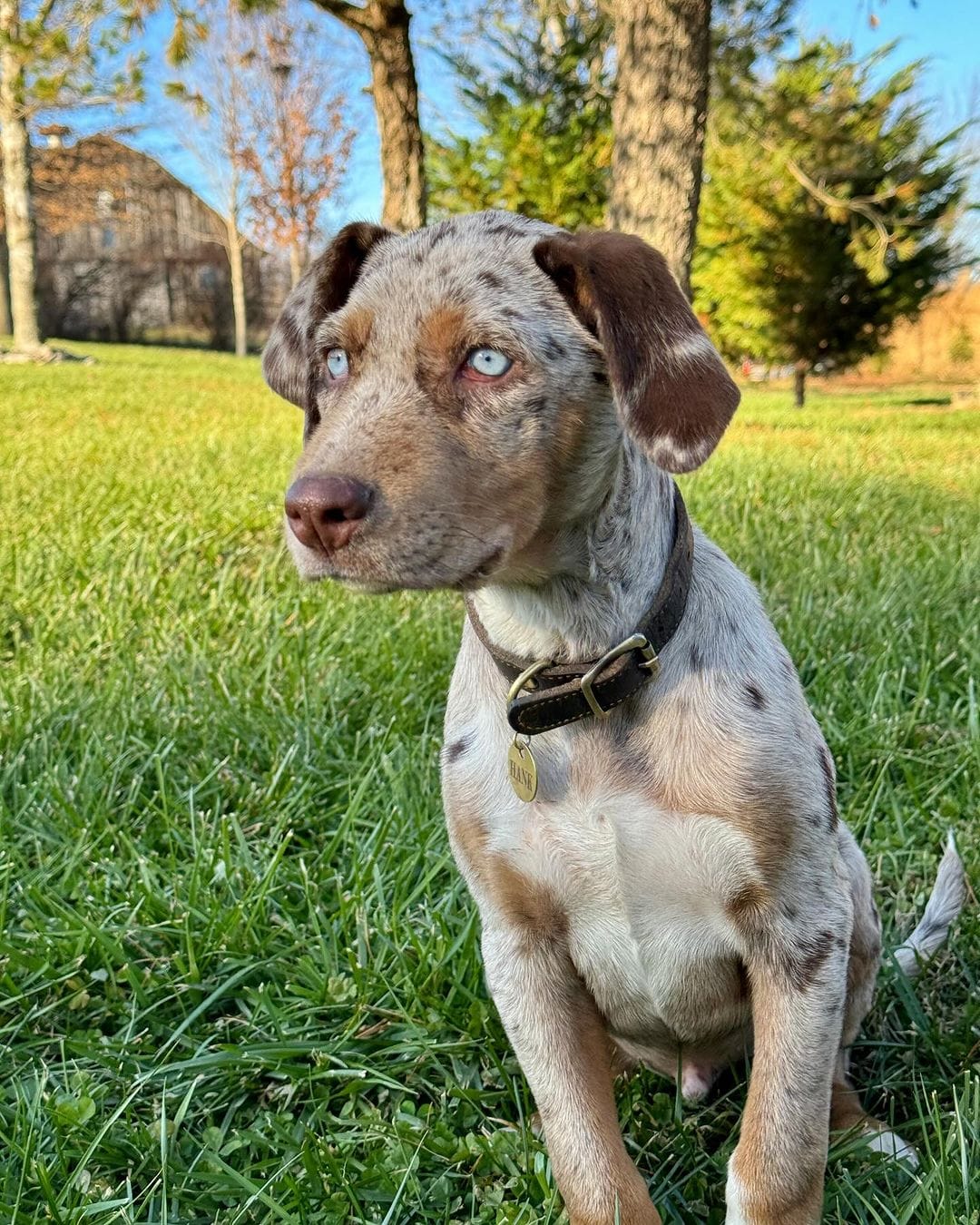
Sable is a type of coat pattern that is characterized by a mixture of black and brown hairs. In Catahoula Leopard Dogs, sable is typically seen in combination with other colorings, such as merle or brindle. It is caused by a dominant gene that affects the distribution of pigment in the hair.
Other ideas you might like
